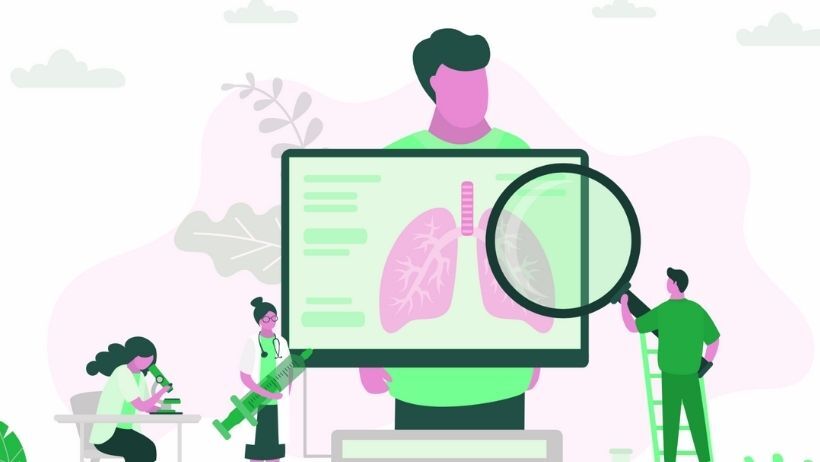A recent UK study has found evidence of trans and non-binary people missing cervical cancer screenings due to negative experiences (and sometimes outright discrimination) with the health system. Said the authors, the British Journal of General Practice, “This study indicates that TMNB (trans men and non-binary people) lack sufficient information about cervical screening, and experience barriers to accessing screening services at personal, interpersonal, and institutional levels.”
The study surveyed 137 trans men and non-binary people and found that only 58% of those eligible had ever been screened in their life. 47% did not have enough information. Participants cited various barriers to their not receiving information or reasons for avoiding the topic altogether.
According to one participant, “[I] changed my gender marker to male, so I am not invited at all anymore.” In the UK, patients registered as female with their doctor are automatically called for cervical cancer screenings. Another said, “The NHS refused to give me my results as they were under a male gender marker.”
Even when some of those surveyed tried to get screened, they were met with staff that were ill-equipped to handle transgender health. As one respondent put it, “I have had trouble booking appointments … receptionists don’t understand.” Many reported having to answer difficult questions or advise the staff on their own identity.
Some participants reported past experiences of discrimination as reasons for avoiding screenings. Said one respondent, “I had met two health professionals … who expressed strong moral objections to the existence of transgender people, and refused to treat me and recommended religion as conversion treatment. I was scared I might encounter someone with a similar mindset who would use a screening as a chance to assault me.” Another reported: “It’s been really difficult to get the nurse/GP to accept me as male, so I think going in and requesting a cervical smear would just take things three steps back and make things more difficult again.”
The solution, according to the study’s authors, is clear enough: education and awareness. “Cervical screening uptake could be increased by adopting TMNB-appropriate screening invitations, providing options for self-sampling, improving cultural sensitivity in health literature, and improving access to trans-specific or trans-aware health services.”
Commenting on the study, charity group Jo’s Cervical Cancer Trust added, “Just as cervical cancer does not discriminate, cervical screening shouldn’t either.”
Don't forget to share:
Help make sure LGBTQ+ stories are being told...
We can't rely on mainstream media to tell our stories. That's why we don't lock our articles behind a paywall. Will you support our mission with a contribution today?
Cancel anytime · Proudly LGBTQ+ owned and operated
Read More in Impact
The Latest on INTO
Subscribe to get a twice-weekly dose of queer news, updates, and insights from the INTO team.
in Your Inbox













